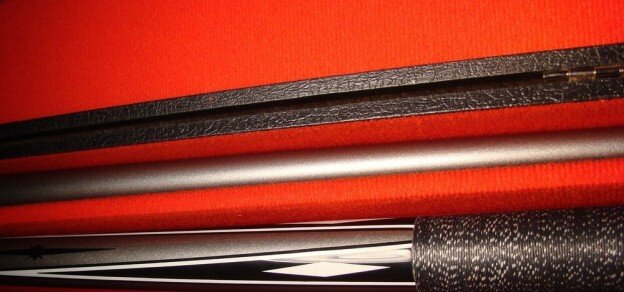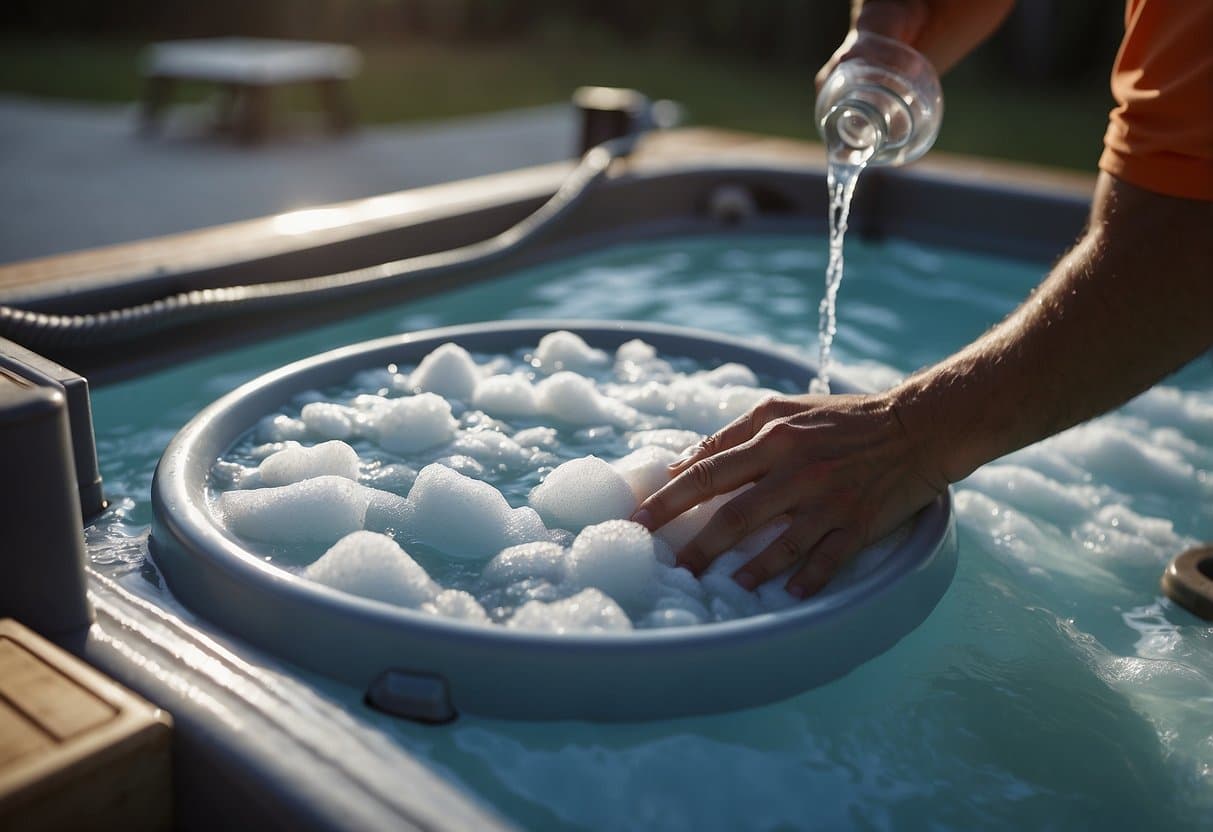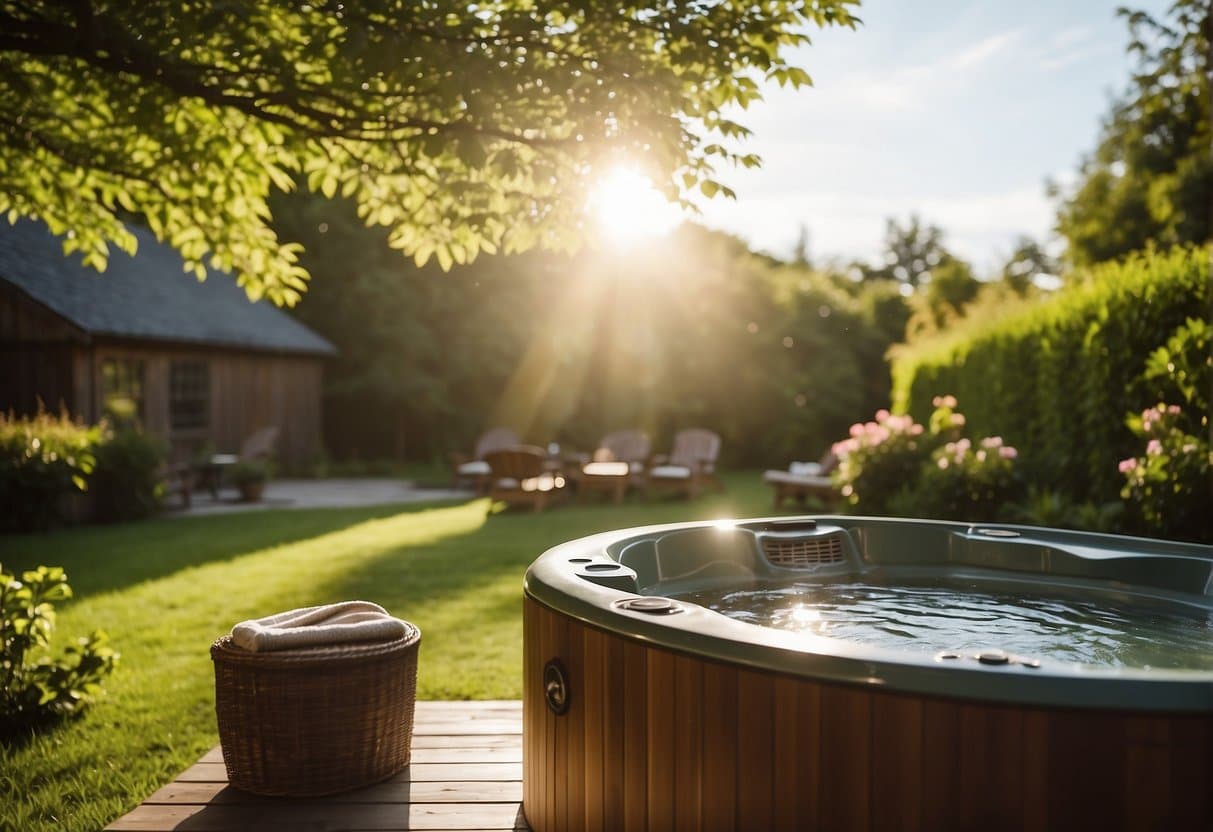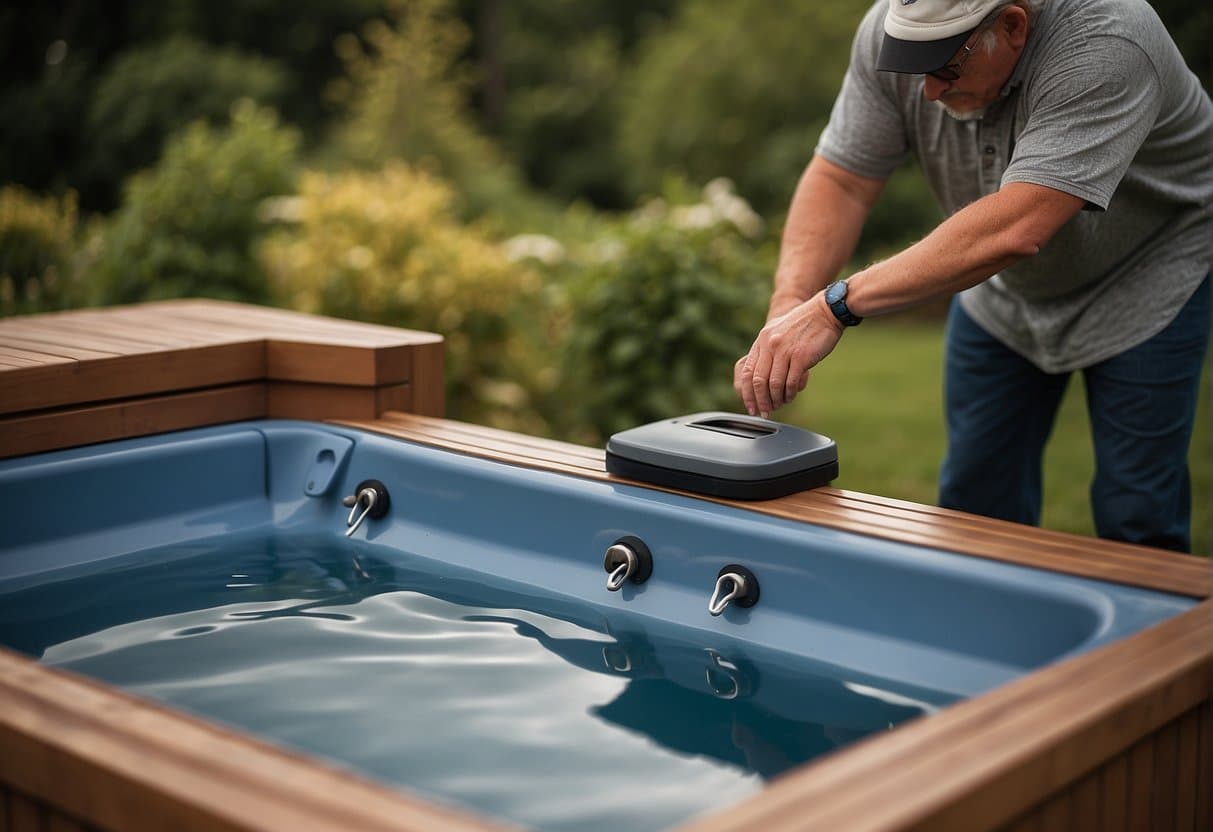If you’d like to bring your own pool cue (or several) to a bar or billiards hall, you’ll need to protect it with a durable case. Just as cues come in different weights and lengths, you can buy cases in various sizes. Some fit only a single cue while others accommodate more. Likewise, some will hold additional shafts and accessories.
Typically, the case sizing system uses the following structure: number of cues by number of extra shafts. For instance, a 2×2 case holds two cues whereas a 2×3 holds two cues and one extra shaft.
Case Materials
The materials used to make a cue case depends on the type of case it is—hard or soft shell. For instance, a soft-shell case might use nylon or leather whereas a hard-shell case might rely on wood or aluminum.
Soft Shell
Soft-shell cases are highly portable, often large enough for only a single cue. As such, they are lightweight—easy to toss over the shoulder—but provide limited protection. They are too flexible, making them susceptible to breaks and bends. Primarily, soft-shell cases are for scratch prevention and temporary storage.
Hard Shell
Hard-shell cases are reinforced, making them far more damage resistant; they offer both scratch and warp protection. The number of cues a hard-shell case can hold depends on its shape.
- Tube—tube cases resemble soft-shell cases, focusing on portability by restricting space. The cue section inside is often separated into smaller tubes, keeping the shaft and handle from denting one another in transit. Tube cases come with straps.
- Box—box cases offer superior protection and storage. They fit the largest number of cues and often come with space for chalk, tips, gloves and other accessories. Moreover, box cases come with handles and latches, meaning they can be locked.
For either a hard or soft-shell case, always inspect the quality of the interior—the fabrics preserving the cue and the fasteners keeping the case together.
When used for permanent storage, also consider the padding. The better the insulation, the less likely the internal temperature is to fluctuate. As with any wooden product, cues can warp when exposed to oscillating temperatures.





